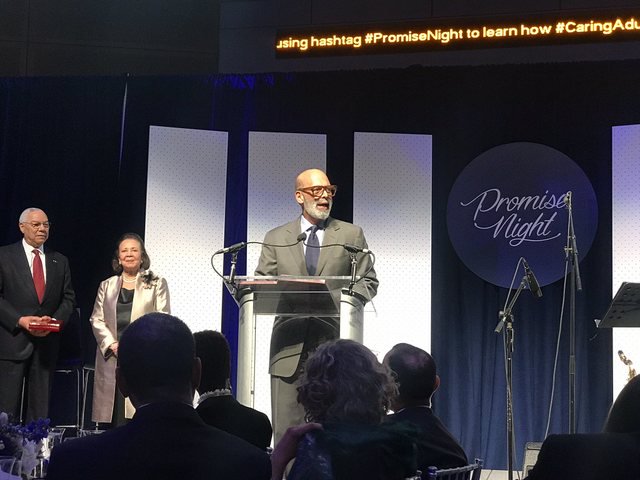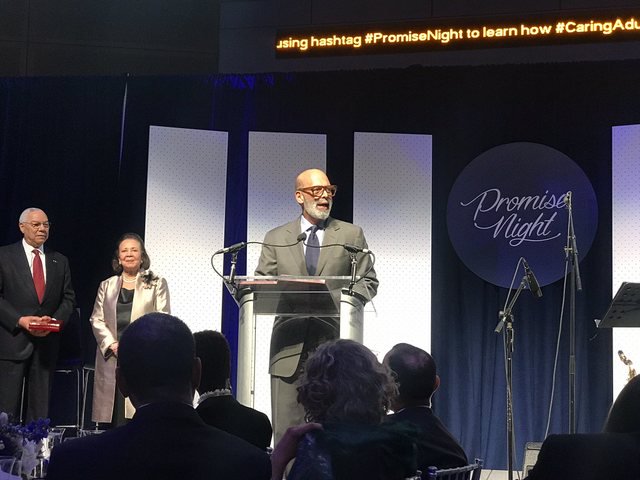[ad_1]
By James Wright, Special to the AFRO, [email protected]
On April 26, the United Negro College Fund (UNCF) released a report, “A Seat at the Table: African American Youth’s Perceptions of K-12 Education.” The philanthropic organization dedicated to the advocacy and growth of private historically Black colleges and universities released the report at an education summit at its headquarters in the District of Columbia. Dr. Michael Lomax, the president and CEO of the UNCF, said the voice of Black students is more critical than ever.
“Before and shortly after World War II, a college education was nice to have but it was not a necessity,” he said. “Today, in the 21st century, our students are competing in a knowledge economy and they are charged with continuing to learn. Our challenge as HBCUs is how do we attract, retain and graduate our students from our colleges. In the past, we have heard the voices of parents, teachers and adult school leaders and now we must listen to the students.”

The report says 66 percent of the Black youth surveyed indicated success in school was a priority most significant to them and 57 percent said the high cost of higher education was a significant barrier to enrolling in and completing college. One in five said they didn’t understand how to pay for college at all.
Seventy percent surveyed said there was an adult in their lives who followed their progress and cared about their success. Some have had behavior issues in school and in society with 36 percent saying they have received an out-of-school suspension, 16 percent arrested by the police, and 8 percent were expelled at some point during high school.
The author of the report was Dr. Meredith Anderson, who said Black students need to have a better understanding of the college atmosphere and high schools can play a role in doing that.
Dr. Rodney Smothers, president of Philander Smith College in Little Rock, Ark., said only 18 percent of student teachers in the country are people of color and of those, only 2 percent are Black males, which he said was “a real problem.”
“Black male teachers are in high demand now,” he said. “It is quite possible that large numbers of Black males have gone through the education system without ever having a Black male teacher in the classroom.”
Dr. Joseph Davis is the superintendent of the Ferguson-Florissant Mo., school system. Davis said credit should be given to Black students who are doing the right things. “We have brilliant Black kids who are doing what they are supposed to but we don’t hear much about that,” he said. “Not all Black men are wearing their pants down.”
In the report’s “Call to Action” section, it was recommended that Black students get increased access to guidance counselors, investing in school and university partnerships, and creating awareness of HBCUs among African-American students. It was also recommended that cultural training be instituted among teachers and school leaders with the aim of reducing student disciplinary issues and challenging the deficit narrative about the educational aspirations of low income Black youth.
[ad_2]
Source link


